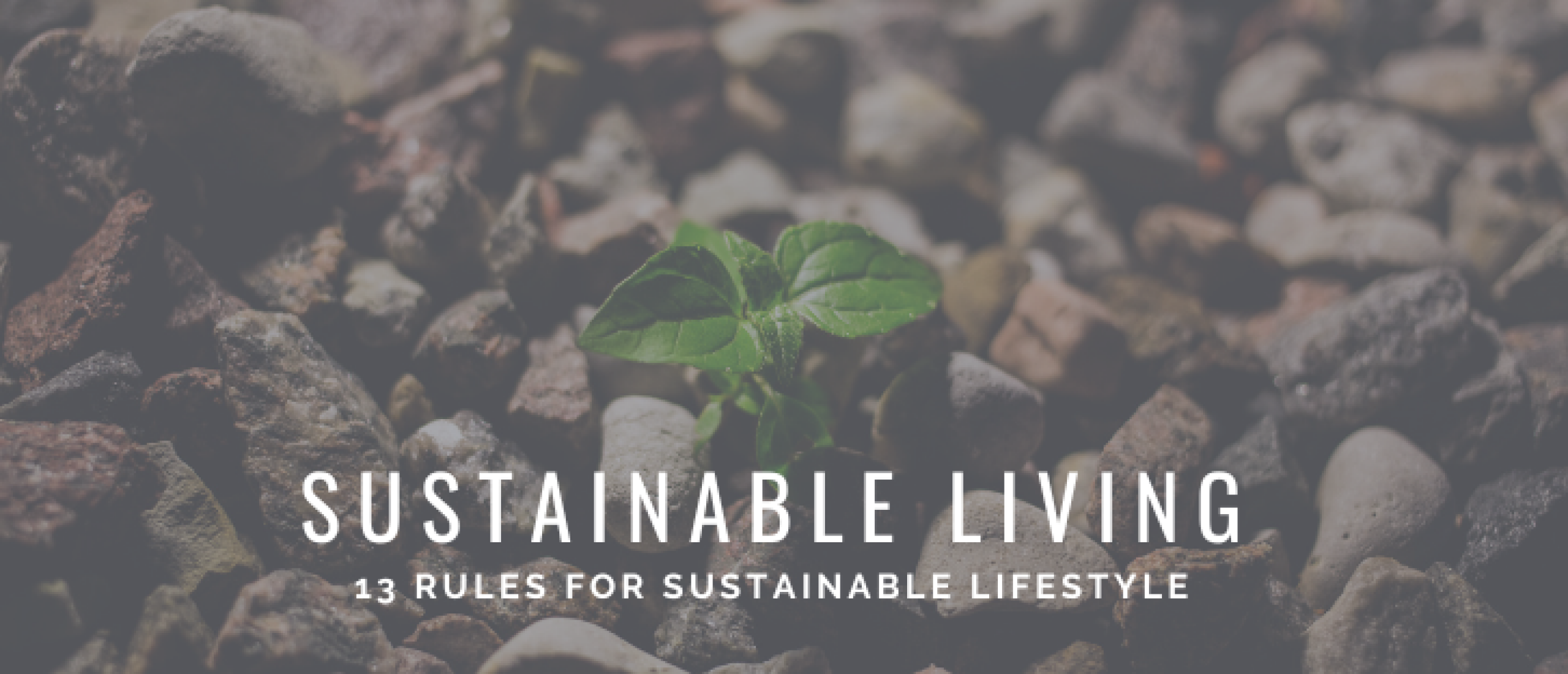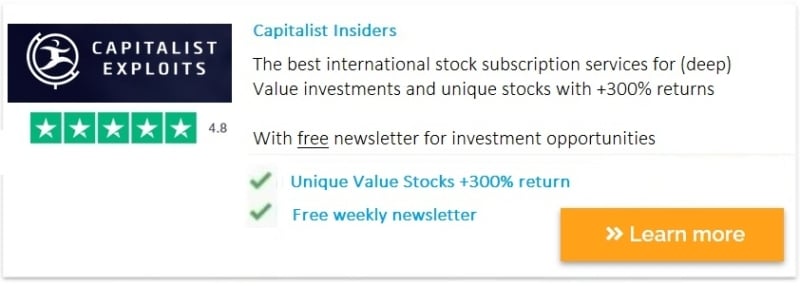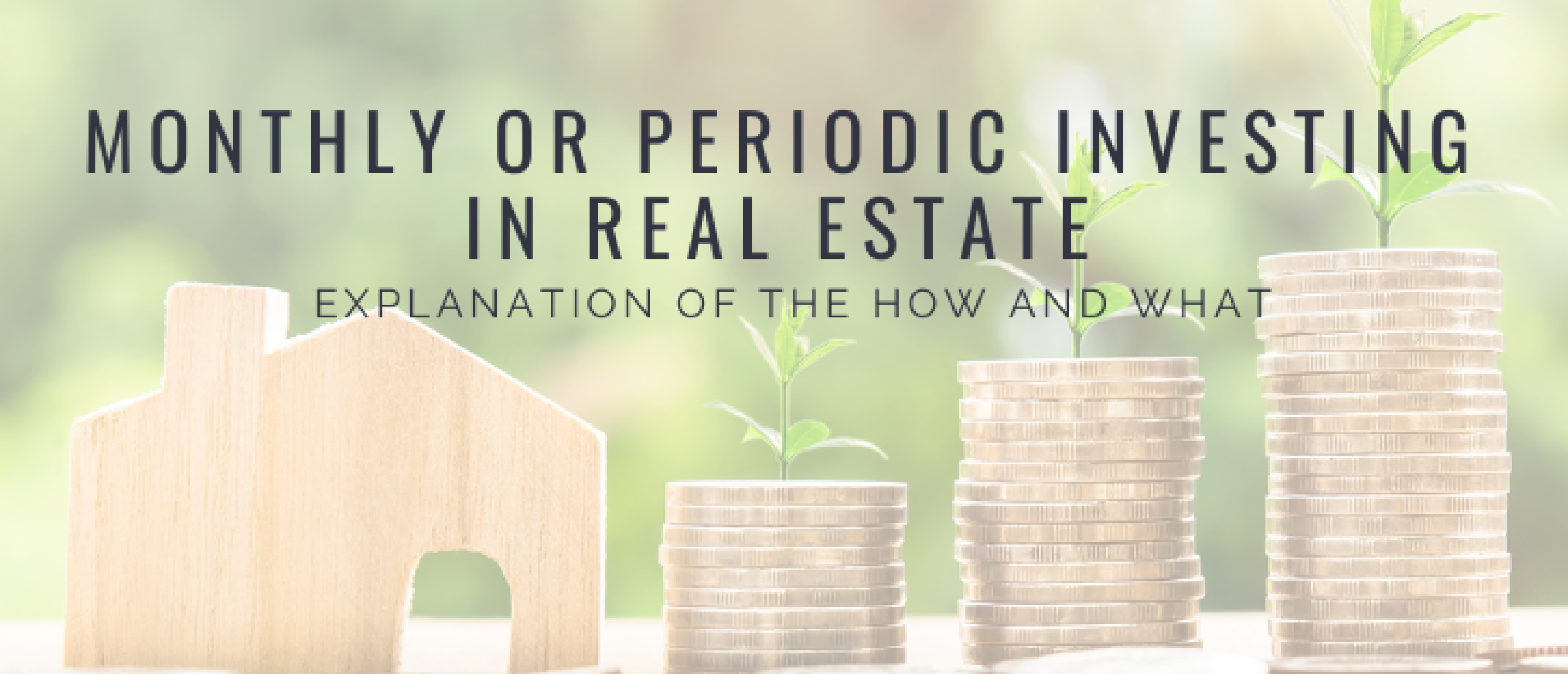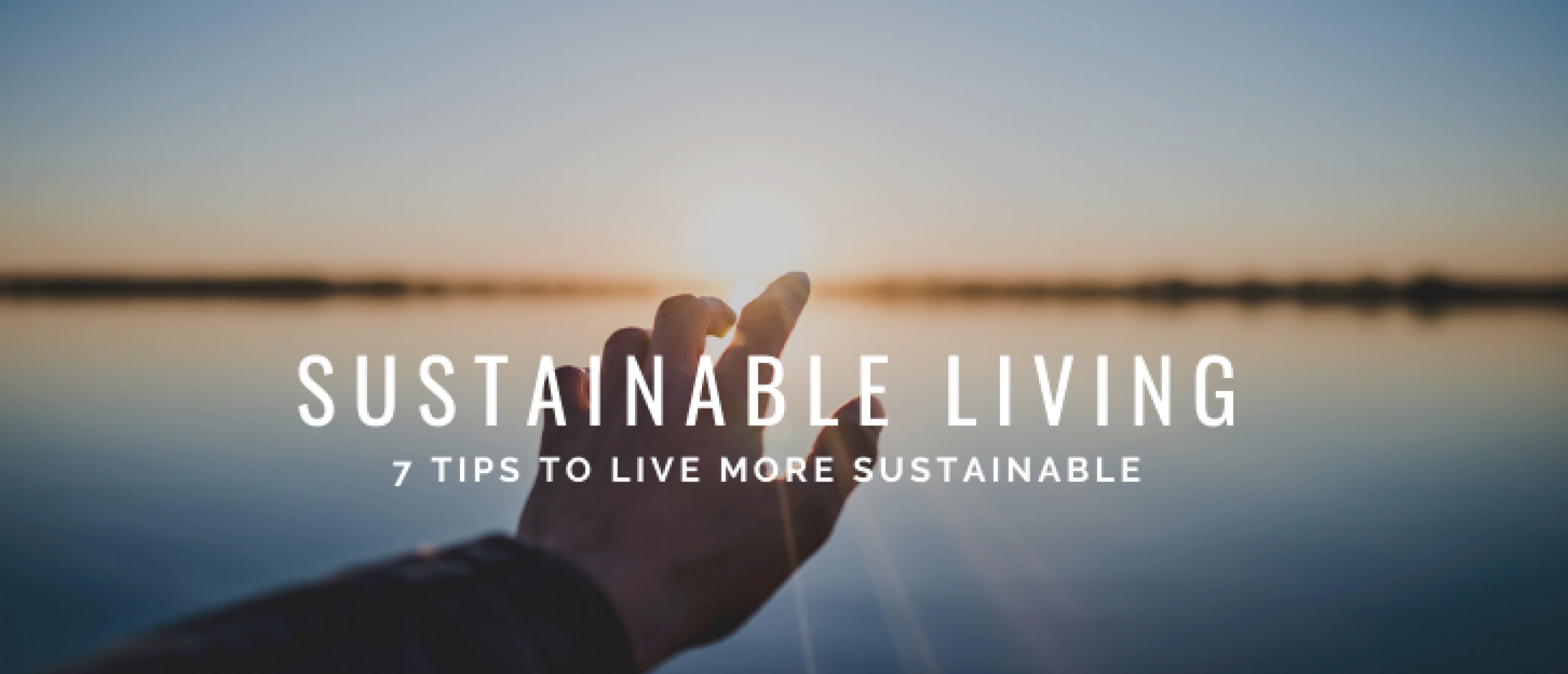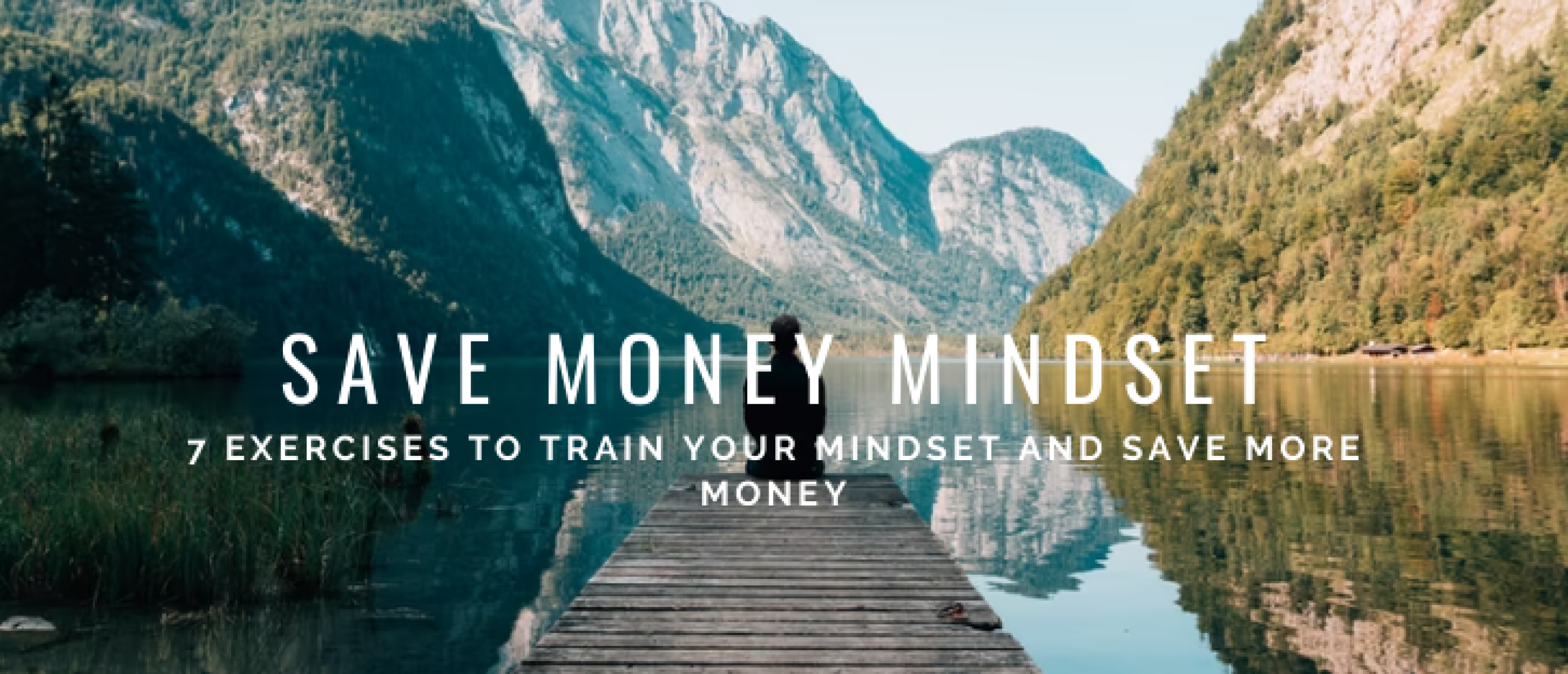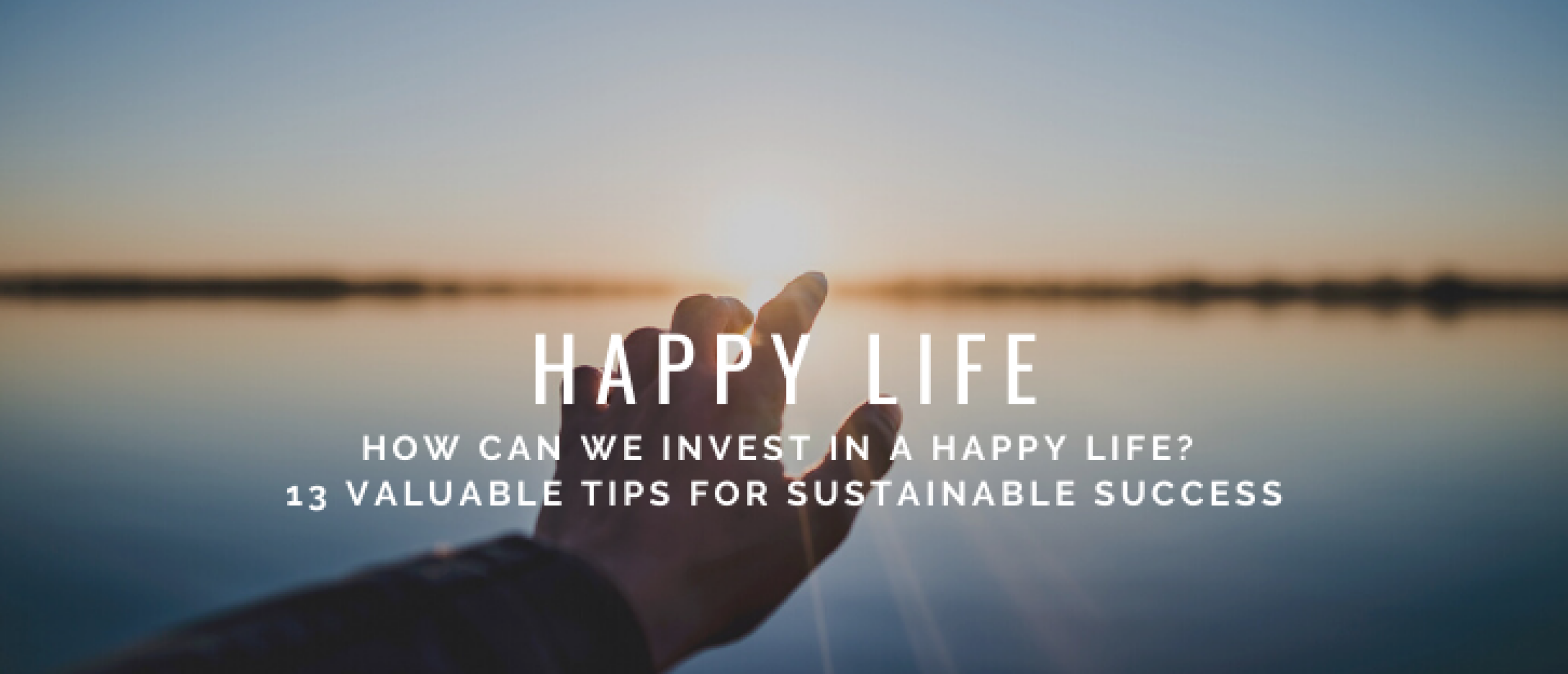Are you interested in sustainable living? Here are 13 ways to make your life sustainable. A sustainable lifestyle helps us protect nature. The more sustainable we live, the less CO2 we emit. On the other hand, you don't have to become a minimalist if you are not. That too is not sustainable. A sustainable lifestyle offers us balance in being happy and acting environmentally consciously in harmony with nature.
13 Tips for a Sustainable lifestyle
Read all tips below!
Sustainable living rule #1: Apply sustainable purchasing
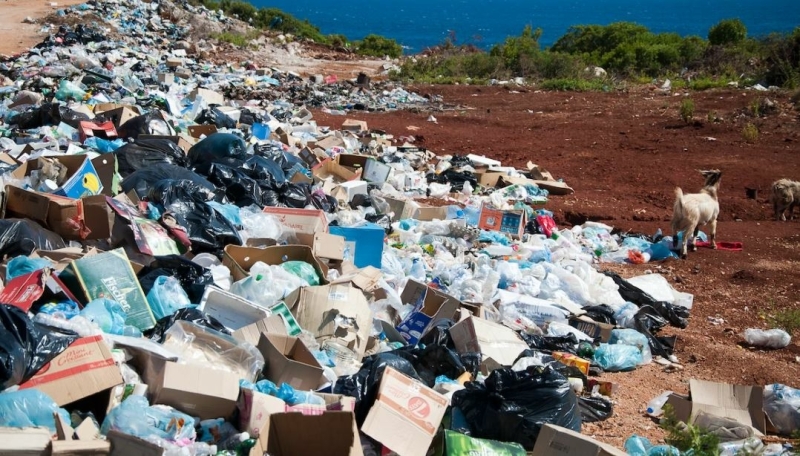
Simply put, don't buy things that you don't need. Consumerism is one of the most important things you need to avoid if you want to live sustainably. It is one of the major causes of climate change.
Fast fashion is a big part of this. Clothing production consumes a significant amount of natural resources and generates greenhouse gas emissions that contribute to climate change.
According to the UN, the fashion industry contributes 8–10% of total global emissions, which is higher than aviation and shipping combined.
All those pretty clothes that last only a few months will end up in landfills, contaminating the seas, etc.
Become conscious of how you invest your money, and before buying something, ask yourself if you truly need it.
Of course, sustainable purchasing involves other things, such as buying only products from sustainable companies. However, it all starts with not buying stuff you don't need, and buying products will last for years.
It will not only help the planet, but it will also help your economy.
Also, you will not accumulate stuff that will not add value to your life, which will improve your lifestyle. Who doesn't hate to have a house full of stuff that only takes up space?
Sustainable living rule #2 Make the most of sustainable sources of energy
There are a lot of renewable sources of energy that will make your house or your business more sustainable.
Solar energy, for example, is popular these days. Considering how much we spend on electricity, solar energy is great for the environment and will also save you money in the long run.
We can also benefit from clean energy. Consider, for example, the ways to invest sustainably. Sustainable investing for beginners today is easier than ever. With the right knowledge, you can invest money in companies that produce in an environmentally conscious way, working on renewable energy, for example. Nowadays, investing in stocks or real estate investing are very easy to start. Of course, you need to be beware of the risks as well. Learn from the best, and avoid losing money. Instead, choose for long-term investing in the best ETFs and stocks to grow your wealth.
Sustainable living rule #3: Eat less meat and more sustainable food
Today, beef production alone accounts for 41% of worldwide deforestation. That includes 80% of deforestation in the Amazon.
Animal agriculture is also responsible for 15% of global greenhouse emissions.
So, if you eat meat, try to eat sustainable meat, such as grass-fed and organic beef.
Also, eat chicken instead of cows. They do not produce methane and require less food and water than sheep and cows.
And of course, try to reduce your meat consumption. For example, you can try to have two or three vegetarian days during the week. Incorporate many vegetables, fruit, whole grains, and beans, which will be great for your health.
Sustainable living rule #4: Use less plastic
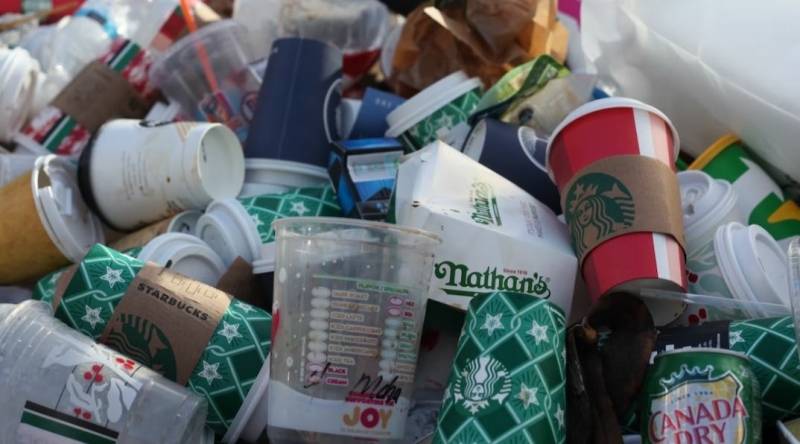
Have you ever wondered how much plastic is now in our oceans? There are now around 51 trillion microscopic pieces in the ocean weighing 269,000 tons.
We have a plastic island that covers a surface area of 1.6 million square kilometers. This garbage patch is three times the size of France.
So, do your best to avoid plastic packaging. Go to the grocery store with your reusable bags to get fruit, vegetables, grains, etc.
Many companies offer products with sustainable packaging, which is reusable, compostable, and others
If you sell products that come in a package, consider switching to sustainable packaging. Paper, glass, and compostable "plastic". There are many options available. It will also add value to your products and position you as a sustainable brand.
Sustainable living rule #5: Buy local and seasonal
Imagine how much greenhouse emissions we produce when we move food from one city to another. Or even from one country to another.
So, the most sustainable thing you can do is buy food that grows naturally in your area and fruits and vegetables that are in season.
Local and seasonal food is also less expensive and will save you money.
Sustainable living rule #6: Compost your food waste
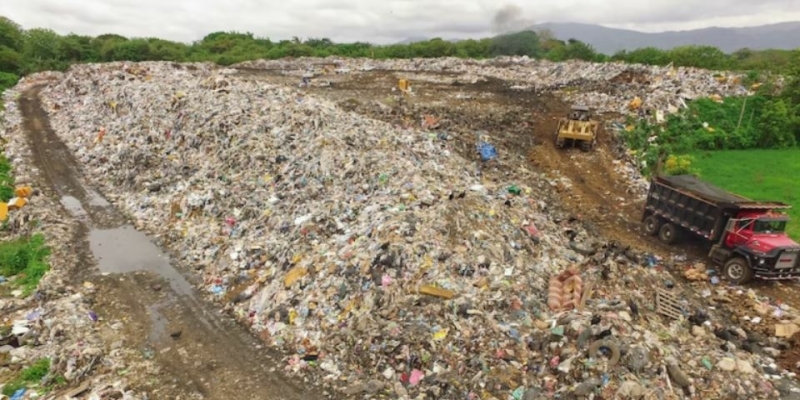
Have you ever wondered how much food we throw away? And what is worst, all this food cannot biodegrade.
Food cannot decompose properly at the landfill because it is buried behind layers of garbage and is not exposed to light or oxygen.
When organic waste breaks down with a lack of oxygen, it produces methane: a heavy greenhouse gas that contributes to climate change.
So, do the most sustainable thing you can do in this case: Compost your food waste.
There are a million methods to compost food. Do your research online, there is probably one that will suit you.
The best thing about composting is that you don't have to do anything. Food biodegrades itself. You only need to give it the right conditions.
If you are worried about your compost bin producing odors in your small apartment, you can try dry compost.
If you still don't want to compost your food indoors and don't know where to put it, you can take it to local composting facilities near you.
Sustainable living rule #7: Use biodegradable cleaning products
We use harsh chemicals to clean the house, our clothes, etc. It is terrible for the environment and a threat to our health.
So, look for biodegradable cleaning products. There are many options available in the market.
See if there is a biodegradable certification in the package and read the composition. If you have a question, you may call the company.
If you are more creative, you can even DIY your cleaning products. Also, there are multiple things you can do with white vinegar, bicarbonate soda, and natural soap.
Sustainable living rule #8: Reuse
Try to avoid single-use products. Instead, try to reuse as much as possible. Before throwing away something apparently useless, try to think about what you can do with it.
Some old jeans could become amazing shorts. An old Tupper could be a lovely plant pot.
You can find infinite DIY tutorials online with creative ideas on how to reuse old stuff.
Sustainable living rule #9: Recycle what you can't reuse
When you cannot reuse, compost, or gift to someone else, and there is no other option, you may recycle your old stuff.
It is not about simply throwing it away in the recycle bin. If you want to recycle, you need to learn the basics.
First, you need to separate your waste materials: See what is compostable and what is not, what is recyclable and what is not.
Do your research online, you will find many tips for recycling.
Sustainable living rule #10: Make the most of sustainable transport
Instead of wasting so much gas, use the car only when it is truly necessary. Try to use your bike or use public transportation.
When you have to use the car, you can organize carpools to work or wherever you have to go.
Also, if you don't want to ditch the car, consider switching to an electric-powered vehicle.
Sustainable living rule #11: Save water
Did you know that the typical household wastes 90 gallons of water each day? That means 10,000 gallons of water per family each year.
Here are some things you can do to reduce your water consumption.
Use the dishwashes
Surprisingly, dishwashers turn out to be more sustainable than handwashing. But you need to always run your dishwasher on a full load and let the dishes airdry. Also, choose an energy-efficient dishwasher.
Wash your clothes less often
Washing machines waste a lot of water and energy. Always run them on a full load to avoid frequent use.
Choose to shower instead of bathing
A bath requires up to 70 gallons of water, while a five-minute shower uses 10 to 25 gallons. So, always choose to shower and see how much water you will save.
Invest in a water-saving showerhead
If you get a water-saving showerhead, you can save 2,900 gallons of water each year.
Sustainable living rule #12: Go paperless
Think of how you can reduce paper in your life.
Digitize your documents, choose e-books instead of traditional books, use recycled paper, make reusable napkins… you only need to get creative. By doing so, you will have a much more sustainable life due saving on paper and trees.
Sustainable living rule #13: Shop second hand
Furniture, clothing, technology… There are so many things you can buy second-hand. Many of the things we buy end up in landfills. So why don't we allow second-hand products instead of buying new ones? It will save you money and help the planet.

